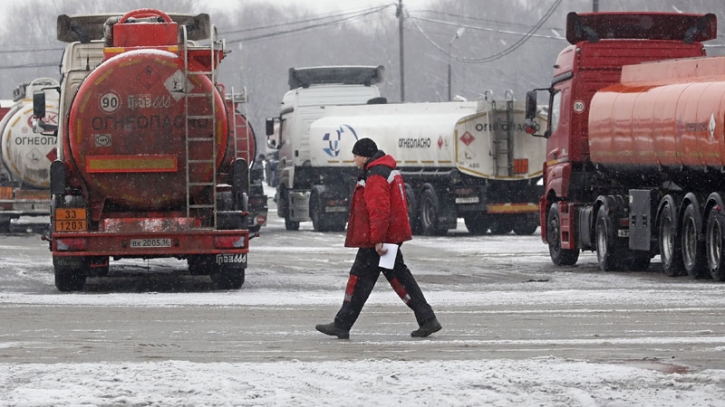EU bans Russian diesel, oil products over Ukraine

European Union has imposed a ban on Russian diesel fuel and other refined oil products, slashing energy dependency on Moscow and seeking to further crimp the Kremlin’s fossil fuel earnings following the Russian invasion of Ukraine on Feb 24, 2022.
Sunday’s ban comes along with a price cap agreed by the Group of Seven (G7) allied countries – the US, Britain, Germany, France, Italy, Japan and Canada.
The goal is allowing Russian diesel to keep flowing to countries such as China and India and avoiding a sudden price rise that would hurt consumers worldwide while reducing the profits funding Russia's budget and Ukraine war.
Diesel is key for the economy because it is used to power cars, trucks carrying goods, farm equipment and factory machinery. Diesel prices have been elevated because of recovering demand after the coronavirus pandemic and limits on refining capacity, contributing to inflation for other goods worldwide.
The new sanctions create uncertainty about prices as the 27-nation European Union finds new supplies of diesel from the US, Middle East and India to replace those from Russia, which at one point delivered 10% of Europe’s total diesel needs. Those are longer journeys than from Russia’s ports, stretching available tankers.
Neil Atkinson, a former International Energy Agency (IEA) analyst, told the EU sanctions on Russian products were unlikely to have a big impact on prices, at least initially.
This is because companies worldwide have been building up stocks of Russian products ahead of the well-advertised ban, Atkinson said.
.png)




